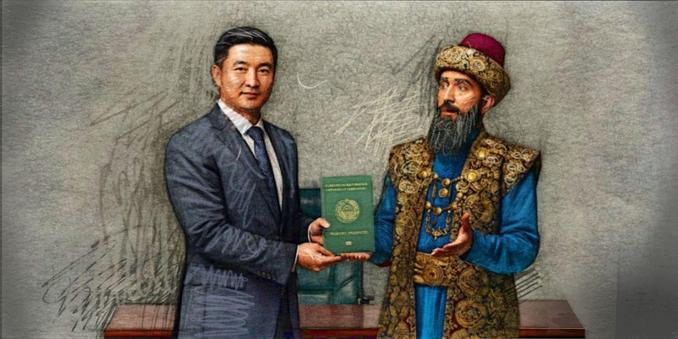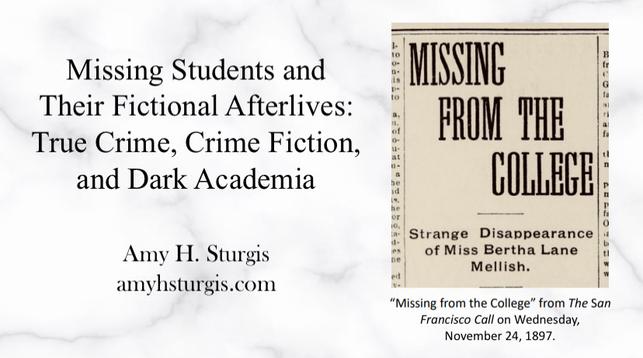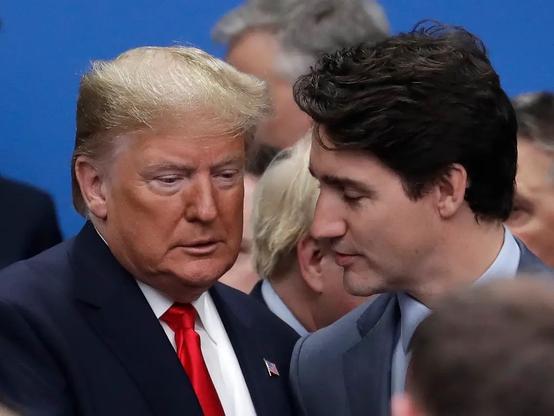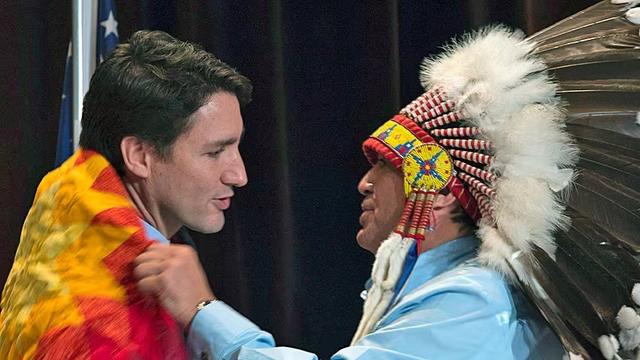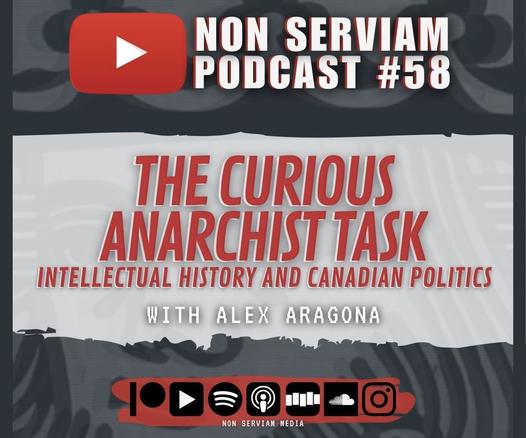Yep. I also suspected it was a bit on the Poppish Intellectual History, especially when compared to Philip Mirowski and Wolfgang Streeck...
"Slobodian’s story is fascinating, but the problem with his account is that he doesn’t much want to explore how the ideas he describes found their way into the mainstream, or what else had to happen to make that possible. He is content with tracking the ideas back to their sources and pursuing them across the obscure university departments, cranky newsletters and weird work outings where they first got going. He has a colourful cast of characters – like the bouffant-haired Peter Brimelow, who started out as a fairly standard Thatcherite in the UK and ended up in the US as a white supremacist, or Murray Rothbard, who went from paleolibertarianism to promoting David Duke and Holocaust denial – but after a while they are hard to tell apart. It’s difficult to get a sense of which ideas mattered most, which alliances gained real traction, which people knew what they were doing politically and which of them didn’t really care. The neoliberal origins of the populist right are treated as though they existed in a kind of ideological vacuum, the various ideas tumbling down on top of each other as we repeatedly discover that some bad people knew plenty of people who were even worse.
(...)
Slobodian has an interesting thesis about the way Hayek’s ideas got turned inside out, but it feels overdetermined and undertheorised. Hayek’s Bastards is a short book – 176 pages – yet it has 52 pages of notes and a 38-page bibliography. Something is out of whack here."
https://www.lrb.co.uk/the-paper/v47/n09/david-runciman/hokey-cowboy
#Neoliberalism #IntellectualHistory #PoliticalEconomy #PoliticalTheory
